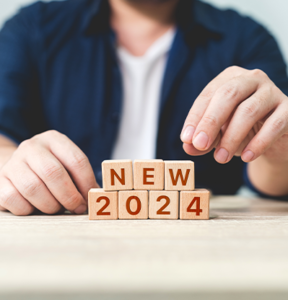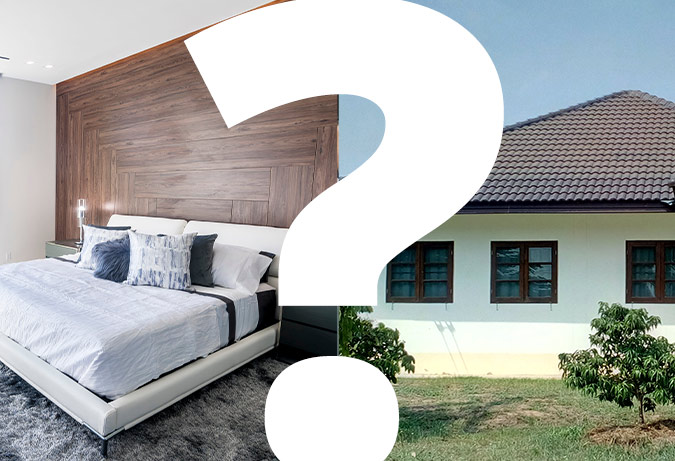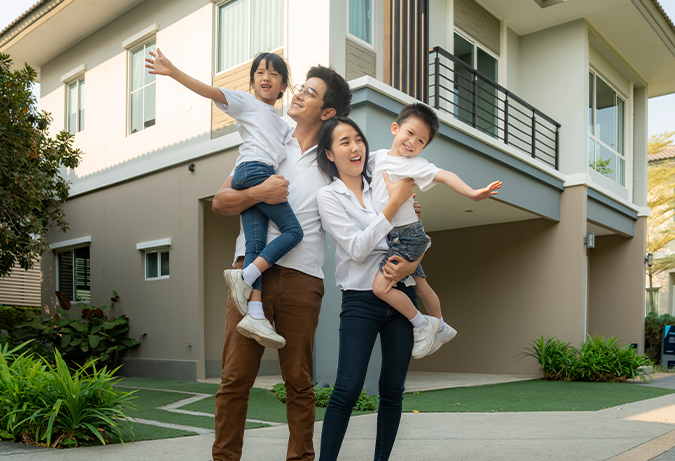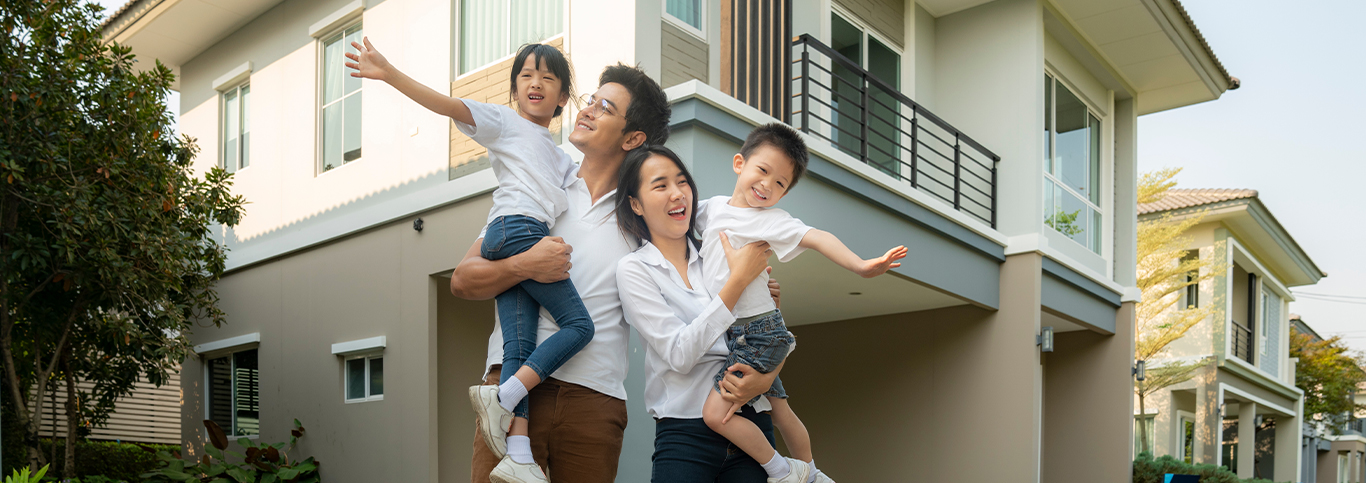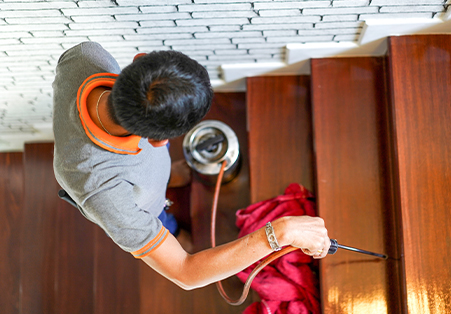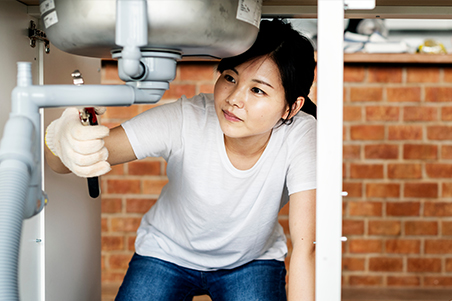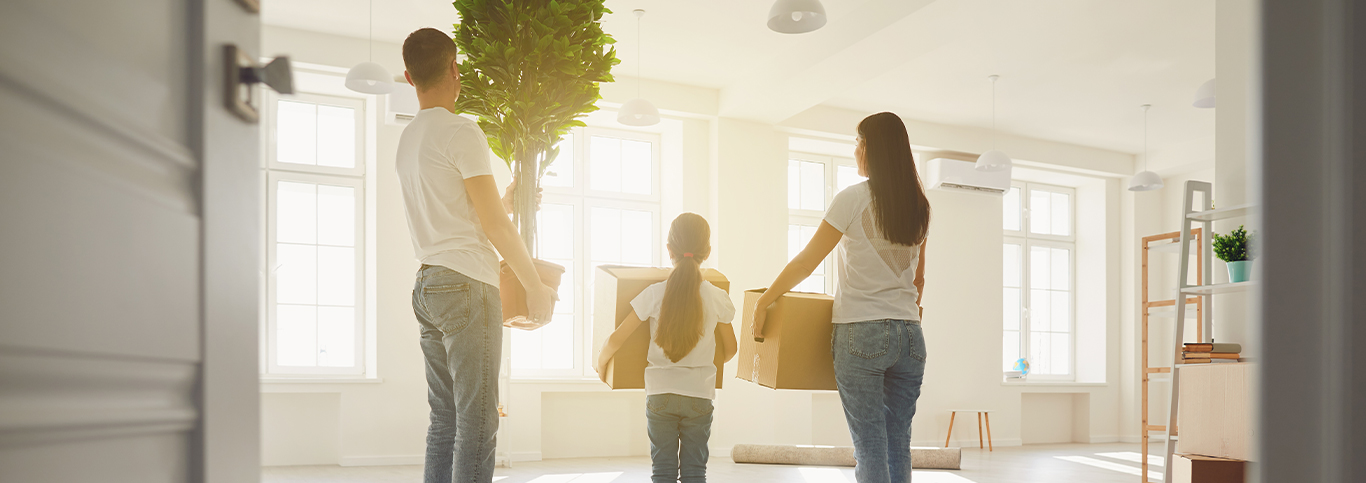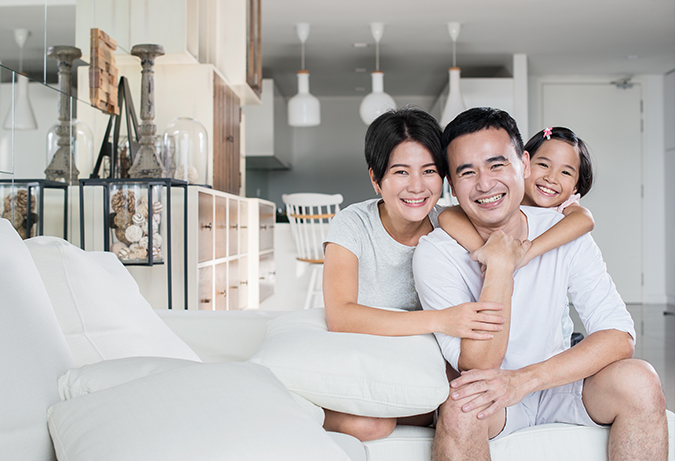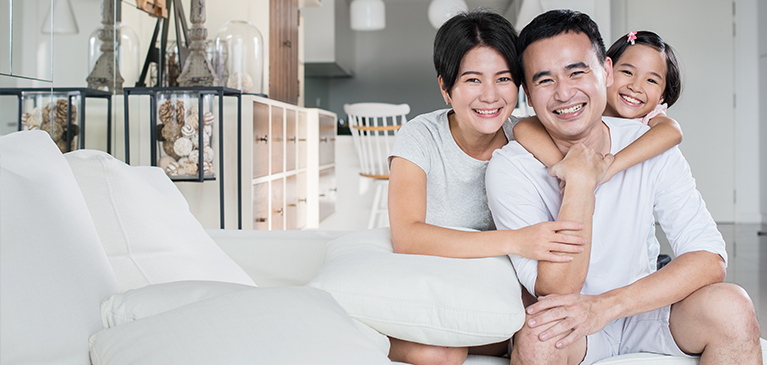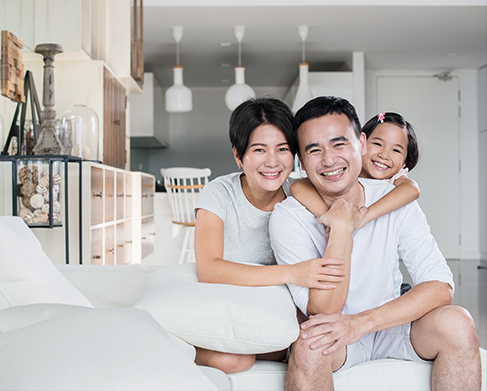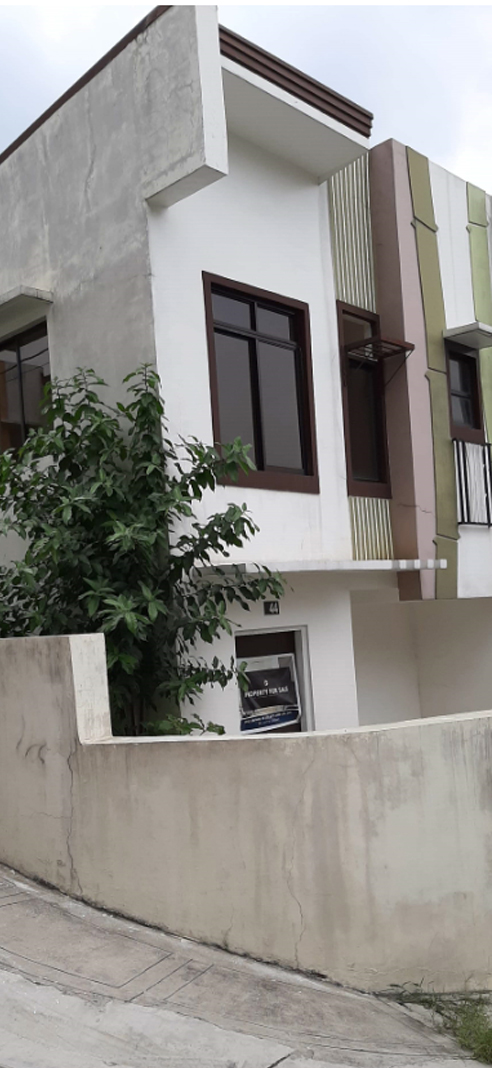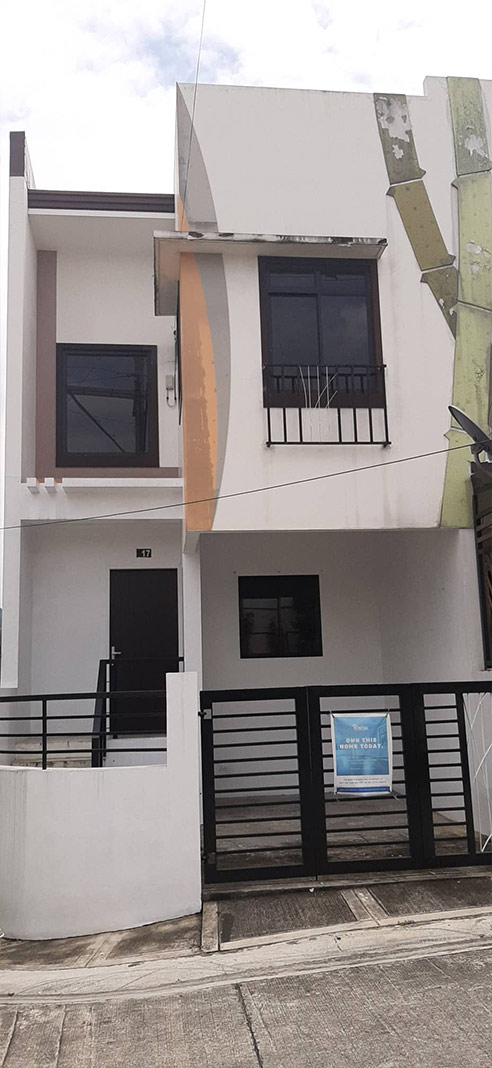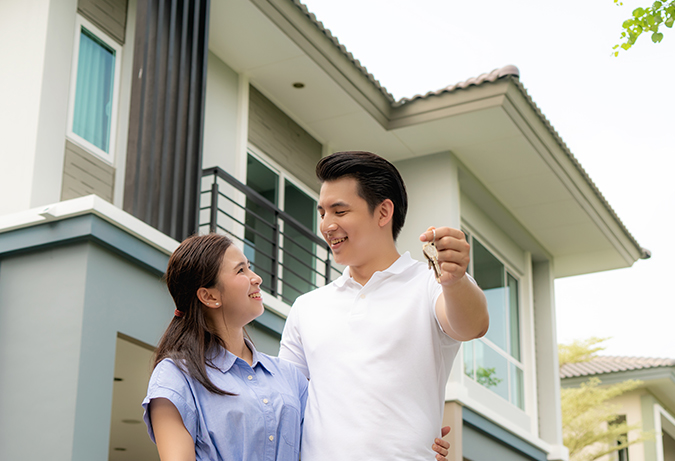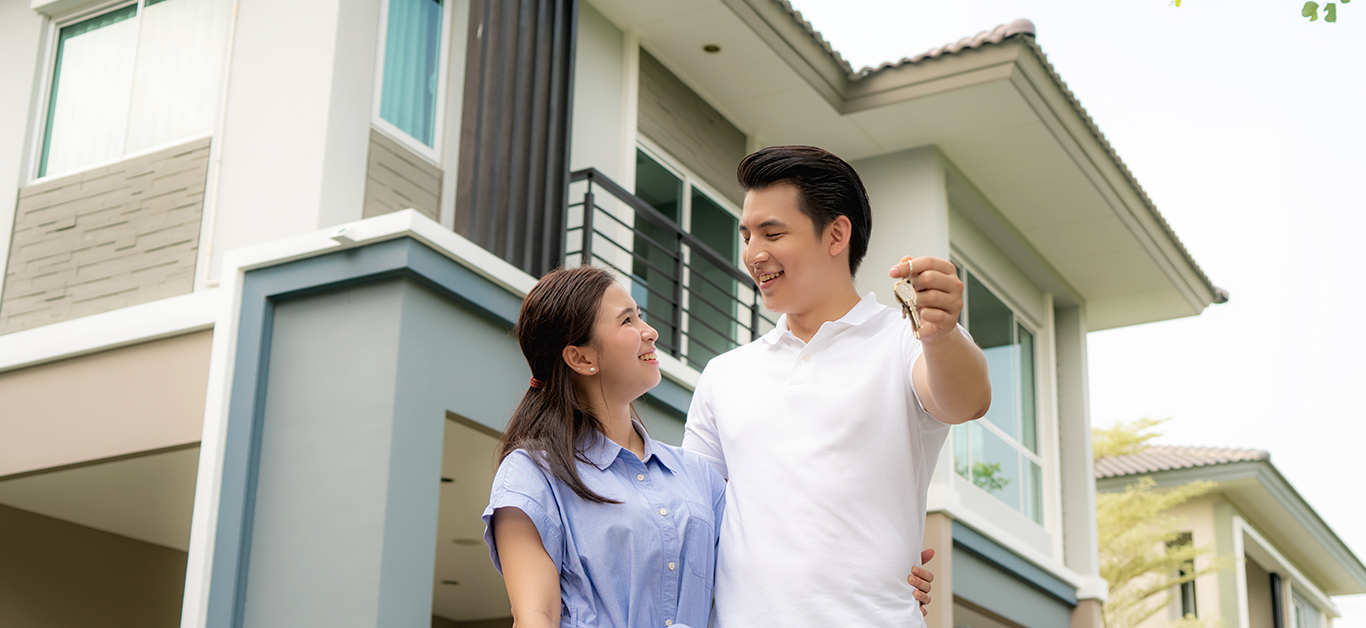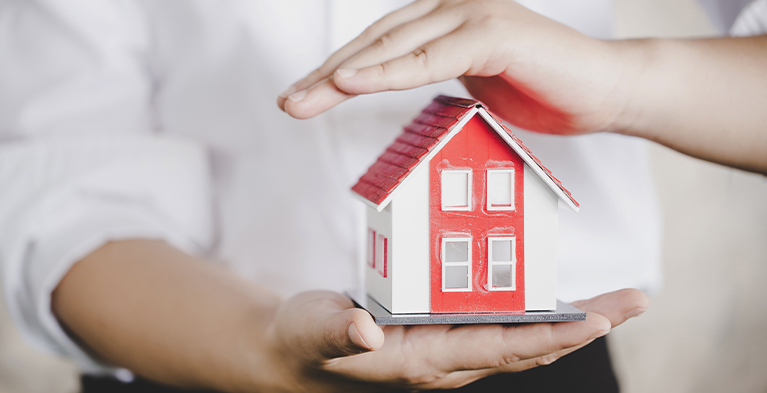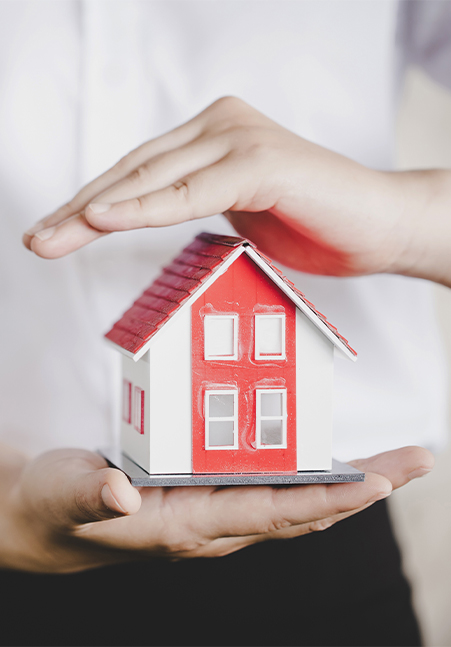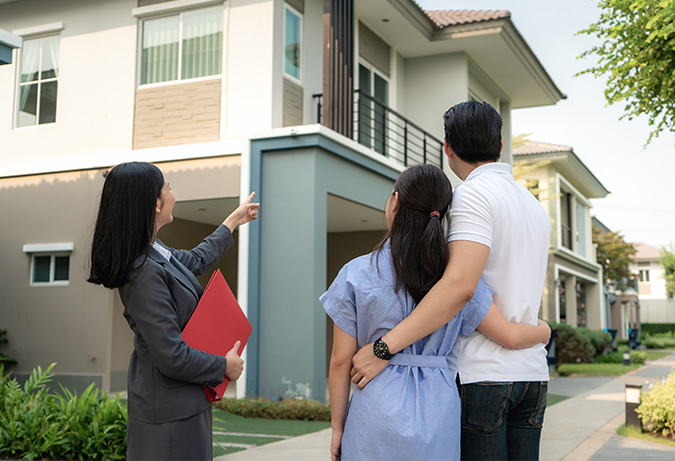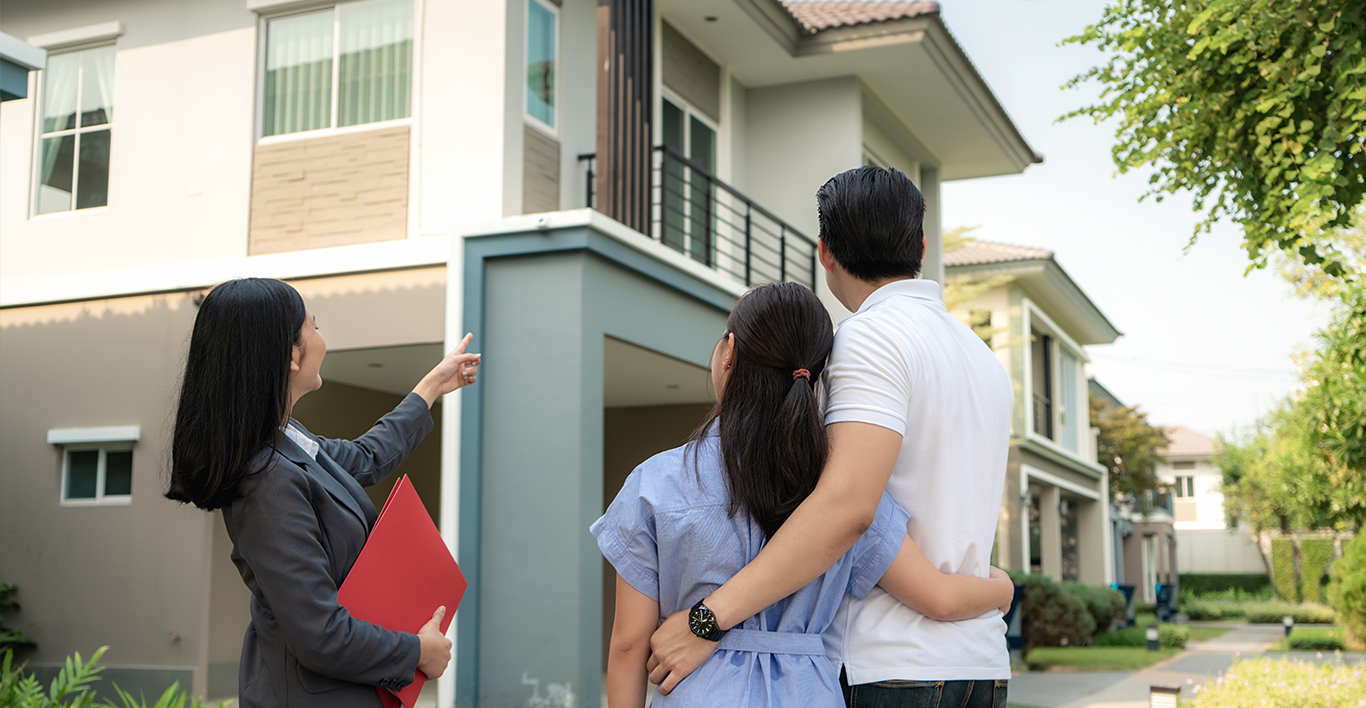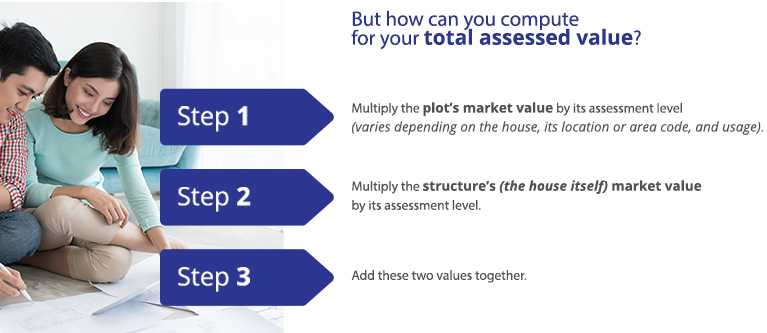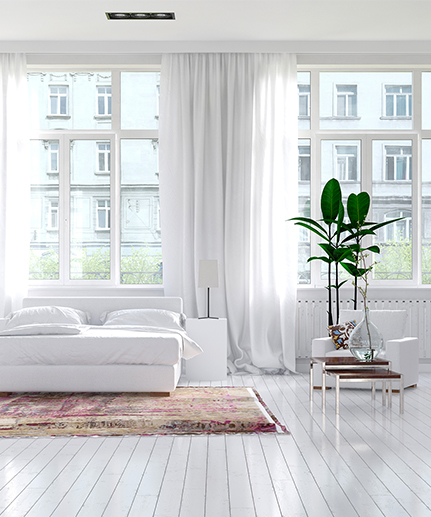Condo or House: Which Suits You Best?
Things to Consider before the Big Purchase
September 05, 2022 | by HC Mutual
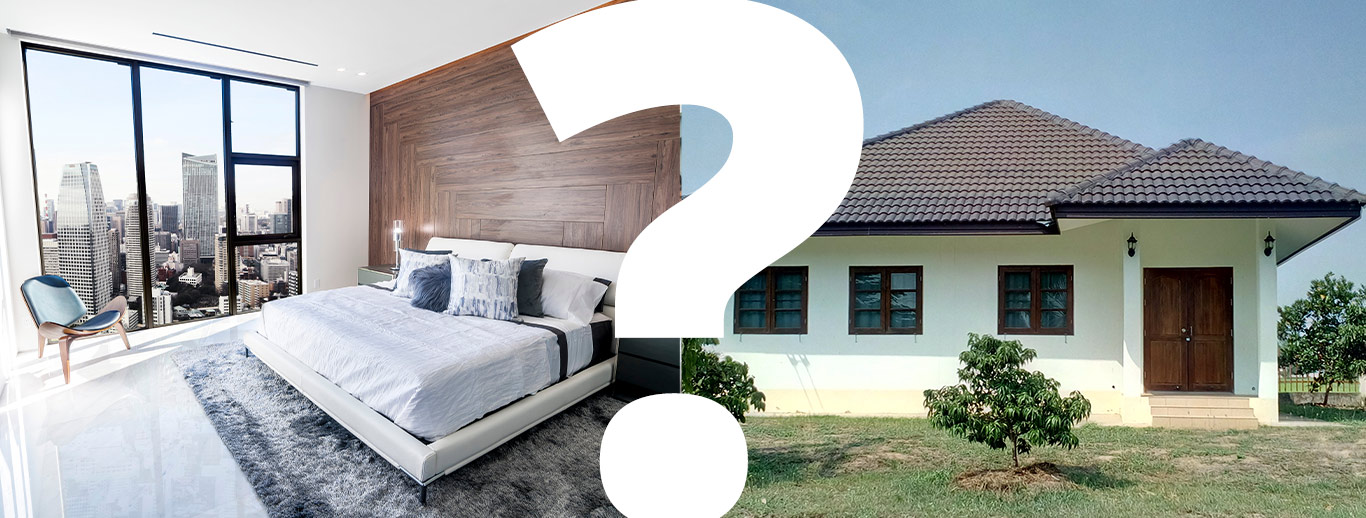
The past two years have further established the importance of having a safe and decent home. Filipinos have spent a lot of time at the four walls of their sanctuary due to the repeated lockdowns since 2020. Having your own safe space is a huge deal that is often overlooked by many of us. It is only fitting for home buyers, first-timers or not, to think about what type of home to invest in.
The usual debate that home buyers get into nowadays is whether to buy a condo or a house. Your decision will highly depend on your budget, location, lifestyle, and other preferences that you may have. If you are still undecided and in need of help, read on to find out the various factors that you should consider before making your big purchase.


Security
Most condominiums provide reliable security 24/7. All entrances are looked after by security guards. Living in a condo also gives you a sense of closeness with your neighbors as you can interact with them from time to time. You can also entrust your place to a next-door tenant if ever you plan on going away for a couple of days.
If you are more inclined to buy a house and lot, your level of security depends on the location that you choose. There are numerous high-end subdivisions and villages in Metro Manila that offer efficient security. If buying this type of property is within your budget, then this might suit you. For those of you with a smaller budget, there are also affordable houses in major cities and even in suburban areas particularly Rizal, Laguna, Cavite, and Bulacan. Not all of these have 24/7 security and are within gated communities but you can always find safe neighborhoods in these places.
Privacy
In terms of the privacy that you will enjoy, living in your own house can be more satisfying for people who prefer minimal interaction with neighbors. Since you’ll have your own space and you don’t have to interact with neighbors in common areas or facilities, it is possible to live in the neighborhood for months or even years without having to bond with the other residents. If you’re the type who values privacy and quiet time, a single storey residential house can be a good investment to have.
In condo living, you share the same floor and hallway with the other residents so you’ll pass by each other from time to time and encounter them in common areas like the gym, pool, and elevator. Not all units are built with soundproof walls so you may hear the noise from your neighbors. If you’re an extrovert who enjoys the constant presence of people around you, condo living can be enjoyable.
Interior Space
Some upscale condominiums are built with an interior that is comparable to some houses. However, it is still limited when it comes to your private outdoor space like a garden or parking space because you will be sharing it with the multiple residents in the building. Your interior can be as tiny as an 18 sq m studio unit. In general, condominium units have an average of 50 sq m floor area.
Owning a house gives you the privilege of having outdoor space for your dirty kitchen, garage, parking, or even a gym. If you compare a low cost condominium to a single residence, the latter has greater average living space for you to customize and transform into the house of your dreams. Owning a house is also considered as a better investment for families or couples who plan to build one in the future.
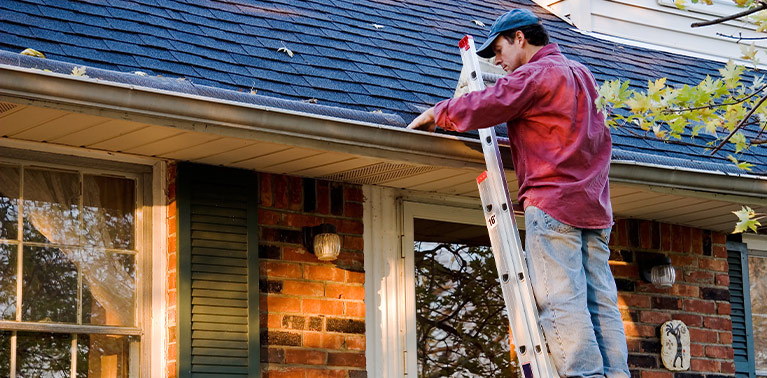
Cost & Additional Fees
In some prime locations in Metro Manila, condominiums are more affordable than houses and lots. The average price is around PHP 14.5 million while the average price for a condo unit is PHP 5.9 million.
In choosing between a condo and a single-detached house, also consider that in the long run, owning a condo might become more costly because of steep monthly association dues that cover the operational and maintenance of the entire condominium. Monthly dues in Metro Manila usually range from PHP 1,000 to PHP 8,000. The price depends on the unit size, condo location, and property developer.
Still there are many attractive and well-built, low cost affordable homes ranging from 1.5M to 5M. Likewise some nice but smaller condos can range from 1M to 4M.
Maintenance and Renovations
Living in a condominium allows you to only focus on taking care of your unit’s interior. You don’t have to worry about maintaining a garden, parking space, or veranda. On the other hand, owning a house gives you full responsibility for its overall maintenance.
Extension projects are not allowed in condominiums because the space is limited. Condo owners are only allowed to renovate within the boundaries of their unit. However, everything should be approved by the property management office.
Owning a house gives you more freedom to upgrade your living space whenever you want because its entirety is rightfully yours. Of course, the entire cost of maintenance and renovations will be yours, too.
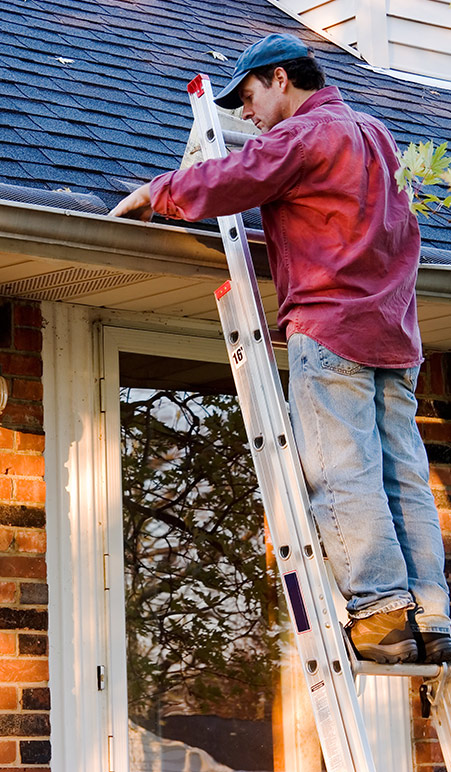
Keep your precious first
home in top shape.
Get on track to achieving your dreams for the future with a flexible and hassle-free loan. The KayaMo Home Loan is designed to make it easy for Filipinos to own or build their first home.
- Php 450,000 to Php 20M loan amount
- Only 10% downpayment required for properties below 3M
- Eligibility includes houses, condos or apartments, and even home repairs and renovations
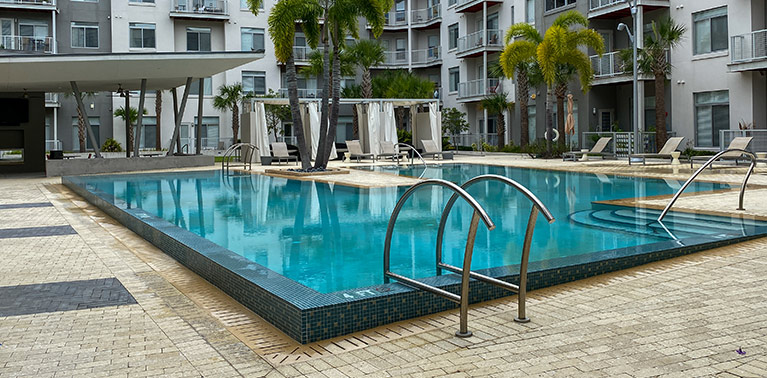

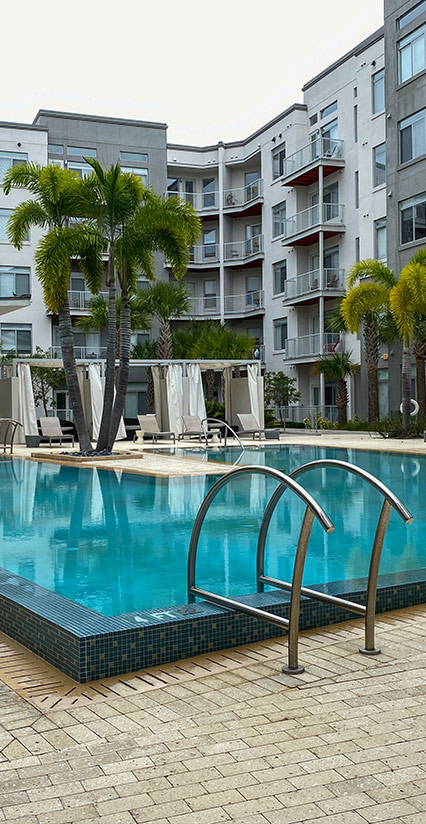

Rights to the Property
Condo living is sharing ownership of land which is why the residents have to follow certain rules. Some of them include schedules for using common facilities like the gym and pools. Others have a limit on the kind and number of pets that you can have.
In contrast, buying a house and lot makes you the owner of an entire indoor and outdoor space. It’s an investment that you can pass on to your kids because the value of land steadily appreciates over time. This makes it a better long-term investment than a condo unit.
Accessibility
Condo living has become a trend, especially among millennials and those who live a fast-paced lifestyle. Most condominiums have convenience stores, laundry shops, and restaurants located on their ground floor so residents do not have to go somewhere else to do their errands.
A condominium’s accessibility and location are usually its main selling point. Most condominiums are located near or at the center of many commercial establishments and business districts. This makes it the top choice for individuals working in cities. When your home and office are very near to each other, you can save a lot of time and energy in commuting or driving to and from your workplace. On the other hand, living too close to your workplace can also make you stay in it longer than you should, which can also have some negative effects.
Most affordable houses and lots are located in suburban areas. If you’re a commuter who works in Metro Manila, this kind of location can be a bit of a burden since it is far from central business districts. However, this location gives you the privilege of being away from the hustle and bustle of urban living. You’ll be able to enjoy fresh air and more outdoor activities. Many individuals prefer buying single residence units in provinces near Metro Manila so they can enjoy easy access to peaceful views such as mountains, rice fields, and beaches.
There are a number of things to consider in choosing the home that’s right for you and your lifestyle. What’s important is to look at the long term—whether it’s a condo unit or a house and lot, each has its pros and cons so it’s important to carefully weigh which best serves your needs and meets your capability in investing.
SHARE
Related Posts











Understanding Financial Literacy











From “I do” to “We’re expecting”:











Save Money for Sudden Expenses
